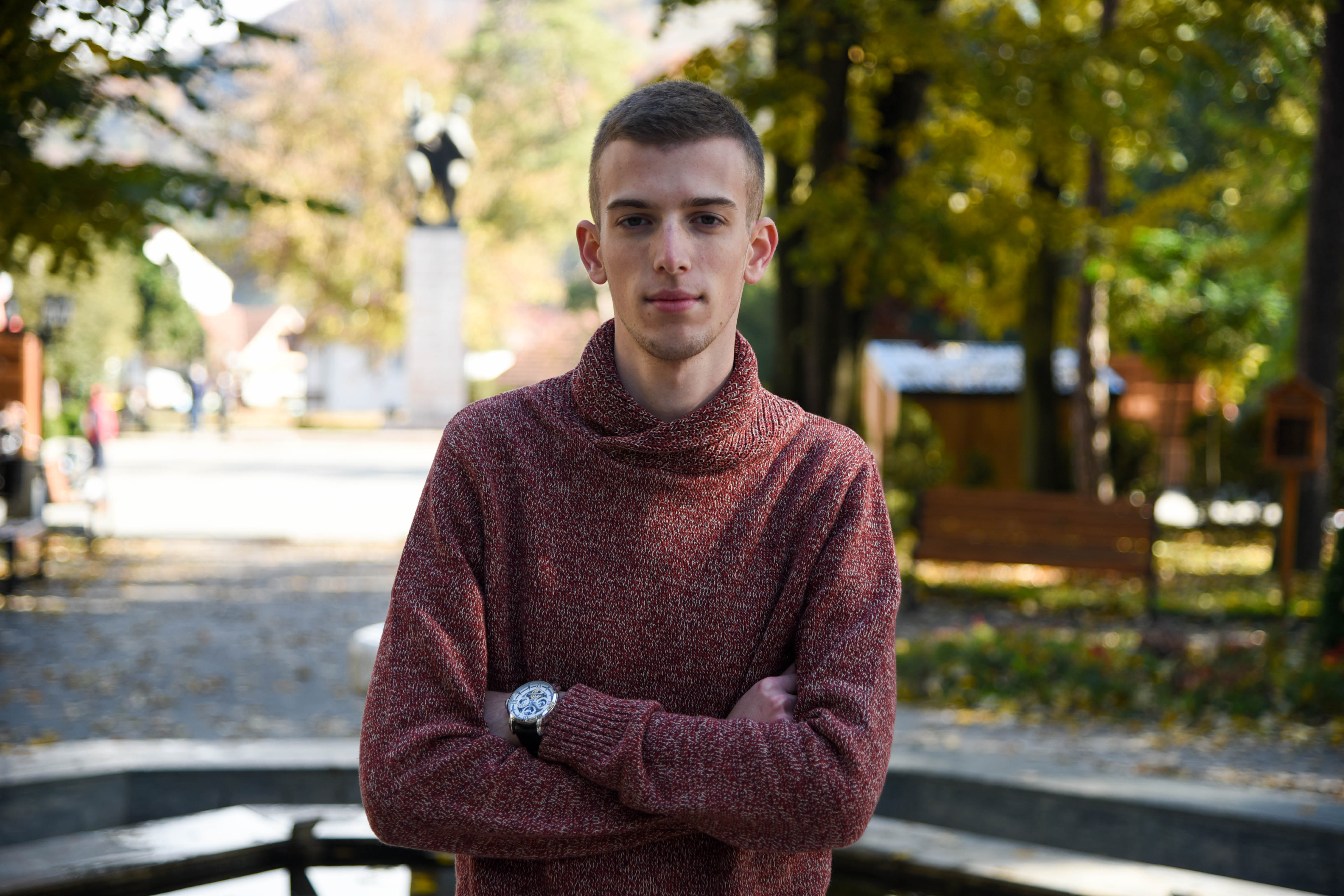19.11.2024

The challenges facing young people in Budva are multifaceted, spanning economic, social, and institutional dimensions. Despite its reputation as a vibrant coastal town and tourist destination, Budva struggles with issues that disproportionately affect its youth. From limited employment opportunities outside of seasonal work to insufficient investment in youth-focused initiatives, the local environment often pushes young people to seek opportunities elsewhere.
Vladimir Perazić, General Secretary of the Youth Network of Montenegro and a member of the National Youth Council, recently spoke about these pressing issues in an interview with Vijesti. He emphasized the growing trend of young people leaving their hometowns in search of better prospects, a phenomenon exacerbated by the lack of systemic support for their development.
The Challenges Youth Face in Budva
In Budva, the challenges facing young people mirror those across Montenegro but are amplified by its unique economic structure. Tourism dominates the local economy, leaving few options for stable, year-round employment. Many young individuals feel trapped in low-paying, seasonal jobs or find themselves unemployed after the summer ends.
Additionally, there is a noticeable gap in programs and infrastructure aimed at fostering youth development. Budva lacks adequate spaces for education, innovation, and cultural engagement. Furthermore, opportunities for civic participation and skills development are limited, which stifles the potential of young residents to contribute to their community.
Why Political Participation Matters
Political participation is crucial in addressing these issues. Young people are often left out of decision-making processes that directly impact their futures. By engaging in political activities, they can influence policies to ensure they reflect their needs and aspirations.
Perazić highlights that empowering young people to become active participants in local and national politics is essential for creating sustainable solutions. “When young people are involved in shaping policies, we see better outcomes, whether it’s in education, employment, or housing,” he says. “It’s about creating a system that values their input and prioritizes their concerns.”
Building a Supportive Environment
To reverse the trend of young people leaving Budva and Montenegro, it is necessary to create a more inclusive and supportive environment. This involves:
• Expanding job opportunities beyond seasonal work by attracting investments in diverse sectors.
• Establishing programs that provide vocational training and skills development tailored to modern job market demands.
• Creating accessible spaces for youth to gather, collaborate, and innovate.
• Encouraging youth representation in local governance and national policymaking to ensure their voices are heard.
Moving Forward
The future of Budva and Montenegro lies in the hands of its young people. By addressing the root causes of their challenges and promoting political participation, the local community can build a more resilient and inclusive society.
As Perazić aptly put it, “If we want to keep our young people here, we must create an environment where they can grow, thrive, and see a future worth staying for. That starts with listening to them and giving them the tools to lead the change.”
By empowering youth and amplifying their voices, Budva has the potential to transform from a seasonal tourist hub into a thriving community that nurtures and retains its young talent.

Vladimir Perazić is the General Secretary of the Youth Network of Montenegro and a member of the National Youth Council. This article is derived from an interview originally conducted for the Montenegrin news portal "Vijesti."